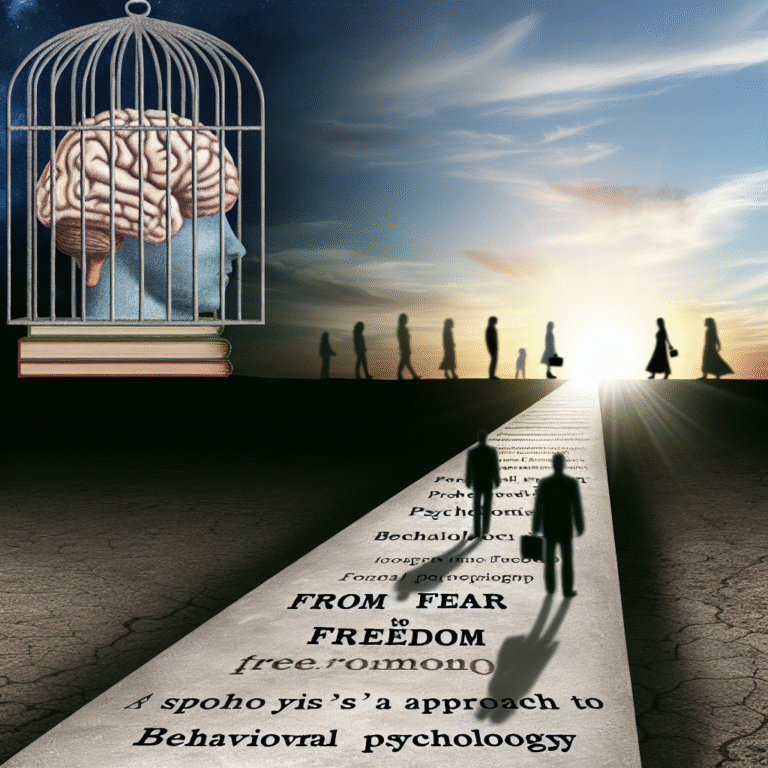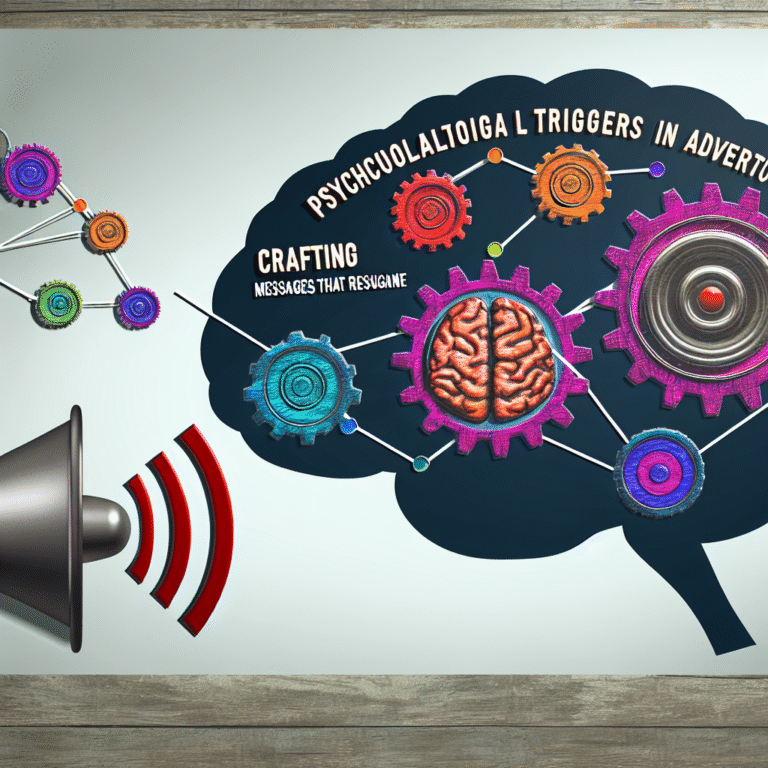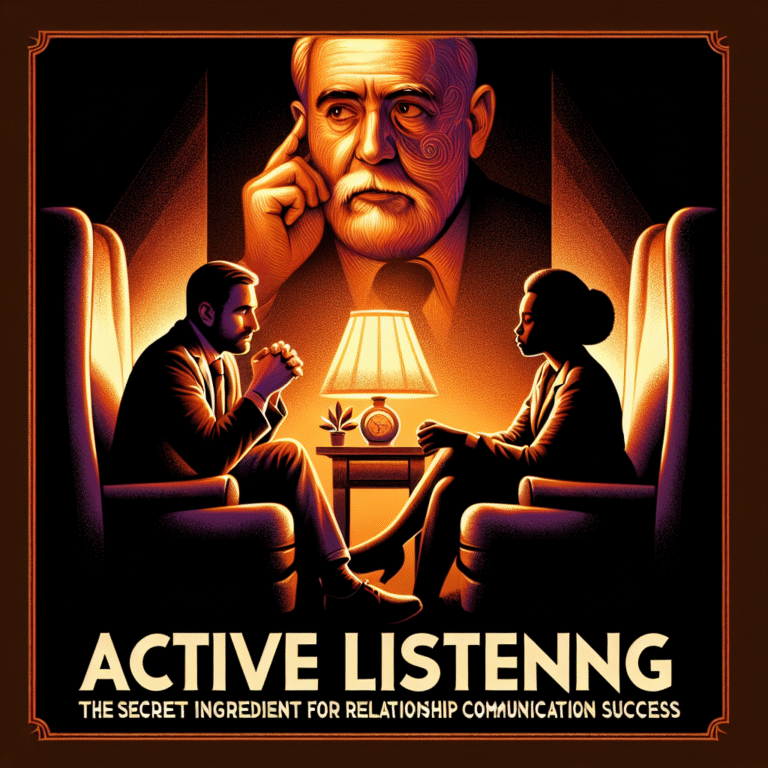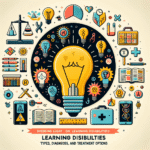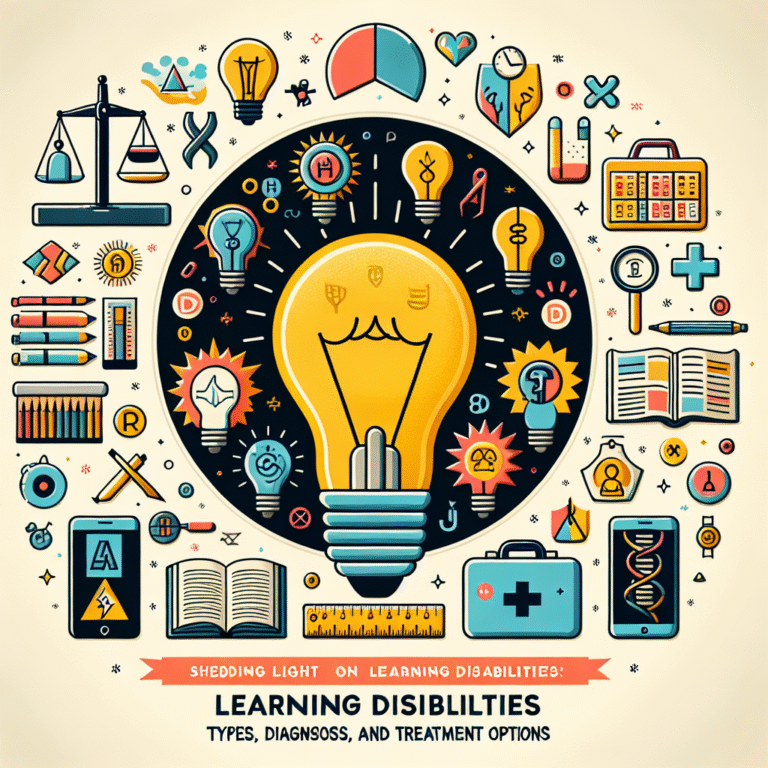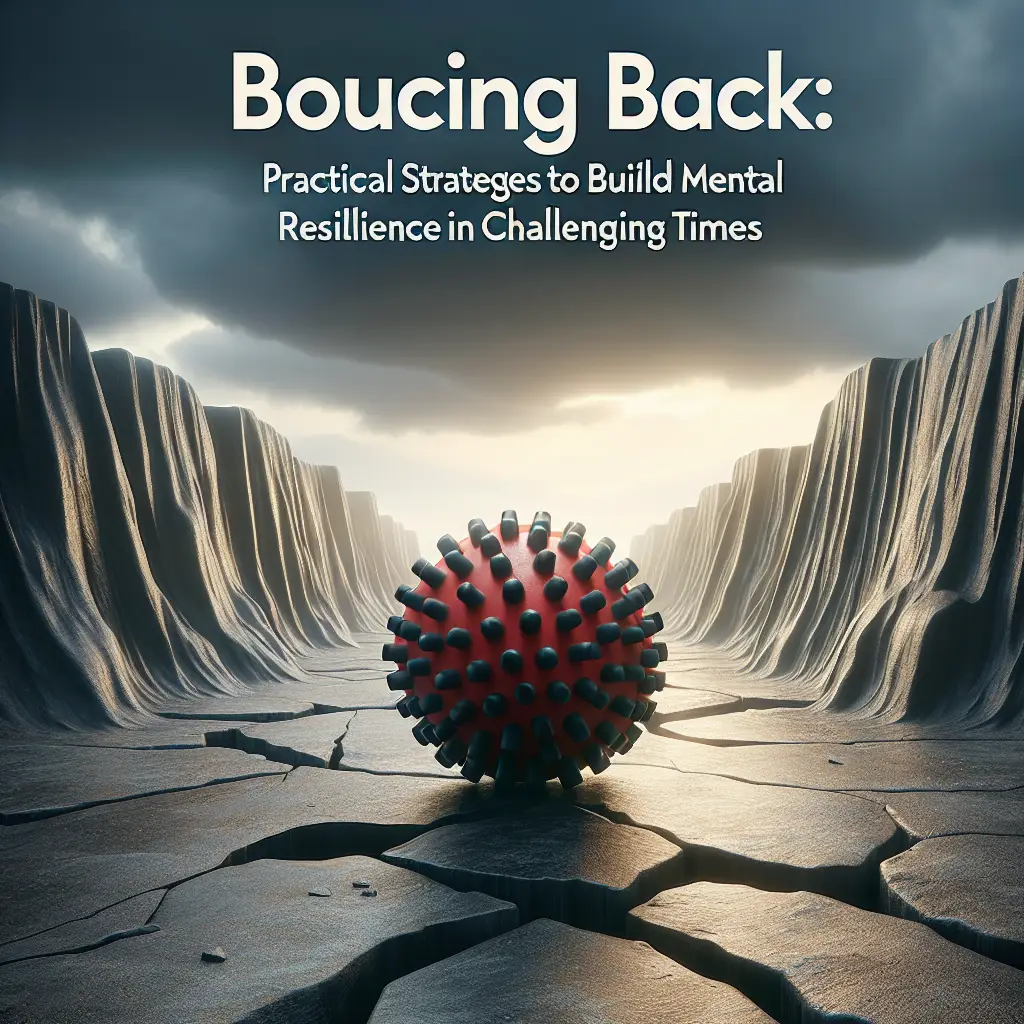
Bouncing Back: Proven Strategies to Build Mental Resilience in Challenging Times
Introduction
In our fast-paced world, the ability to cope with adversity has never been more crucial. Life’s inevitable challenges—from personal loss and career setbacks to global crises—can leave anyone feeling overwhelmed. But what if we could cultivate a resilient mindset that empowers us to bounce back from difficulties? Bouncing Back: Practical Strategies to Build Mental Resilience in Challenging Times offers essential insights into fostering that mindset, allowing us to navigate life’s uncertainties with confidence and strength.
Mental resilience is not merely a byproduct of positive thinking; it’s a skill that can be developed and nurtured. This article will explore actionable strategies grounded in psychological principles, real-life case studies, and expert insights, all designed to help you bounce back when faced with adversity. Whether you’re struggling with stress at work or grappling with personal setbacks, these principles will guide you toward a more resilient life.
Understanding Mental Resilience
What is Mental Resilience?
Mental resilience is the ability to adapt to stressful situations and continue moving forward despite setbacks. It’s more than just enduring tough times—it’s thriving and growing from them. According to psychologists, resilient individuals possess qualities such as emotional intelligence, a positive outlook, flexibility, and a strong support network.
Importance of Resilience
The significance of mental resilience cannot be overstated, particularly during challenging times. Studies have shown that individuals with high resilience are better equipped to handle stress, related health issues, and work-life balance. In fact, resilience contributes not only to personal well-being but also enhances productivity and fosters stronger relationships.
Strategies to Build Mental Resilience
1. Cultivate a Growth Mindset
One of the cornerstones of resilience is adopting a growth mindset. This concept, coined by psychologist Carol Dweck, suggests that individuals who view their abilities and intelligence as traits that can be developed, rather than fixed, are more likely to overcome challenges.
Key Techniques:
- Challenge Limiting Beliefs: Identify and question negative thoughts that hinder your potential.
- Embrace Challenges: View obstacles as opportunities for growth rather than threats.
- Learn from Feedback: Treat criticism constructively and use it to fuel future development.
Case Study: Thomas Edison. Facing thousands of failures before inventing the lightbulb, Edison exemplified a growth mindset, viewing each setback as a lesson rather than an endpoint.
2. Develop Strong Social Connections
Building a network of supportive relationships is vital for mental resilience. Connection with friends, family, and colleagues fosters a sense of belonging and provides emotional support during tough times.
Strategies for Building Connections:
- Reach Out: Make an effort to reconnect with friends or family members regularly.
- Join Groups: Engage in community activities or hobbies where you can meet new people.
- Seek Support: Don’t hesitate to share your feelings and seek assistance from others when needed.
Case Study: The 9/11 Resilience Project. Survivors of the September 11 attacks often cited the support of friends, family, and community as key factors that helped them rebuild their lives.
3. Practice Mindfulness and Relaxation Techniques
Mindfulness and relaxation techniques can significantly enhance emotional regulation and lower stress levels. Mindfulness involves being present in the moment and accepting it without judgment.
Techniques to Integrate Mindfulness:
- Meditation: Spend a few minutes each day meditating to clear your mind and center your thoughts.
- Deep Breathing: Use conscious breathing techniques to calm the body and reduce anxiety.
- Journaling: Write about your feelings and thoughts, fostering self-awareness and clarity.
Case Study: Google’s Mindfulness Program. Google has implemented mindfulness practices among its employees, resulting in higher productivity and increased overall well-being.
4. Set Realistic Goals
Having clear, achievable goals provides direction and purpose. Setting short-term and long-term goals gives a sense of accomplishment, helping to maintain motivation even during difficult times.
Steps to Effective Goal Setting:
- SMART Goals: Ensure your goals are Specific, Measurable, Achievable, Relevant, and Time-Bound.
- Break It Down: Divide larger goals into smaller, manageable tasks to avoid feeling overwhelmed.
- Celebrate Achievements: Acknowledge progress, no matter how small, to boost motivation.
Case Study: James Clear and Atomic Habits. Clear’s work emphasizes the compound effect of small changes—his readers often cite setting achievable goals as foundational to their success stories.
5. Foster a Positive Self-Talk
The way we talk to ourselves has a profound impact on our mental resilience. Positive self-talk can help to counteract negative thoughts and build confidence.
Techniques to Improve Self-Talk:
- Affirmations: Use positive affirmations to enhance self-belief.
- Challenge Negative Thoughts: Actively question and reframe negative self-perceptions.
- Surround Yourself with Positivity: Engage with uplifting media and individuals who encourage you.
Case Study: Michelle Obama. The former First Lady often spoke about using positive affirmations and surrounding herself with supportive people to overcome challenges during her career.
6. Maintain a Healthy Lifestyle
Physical health significantly influences mental resilience. A balanced diet, regular exercise, and adequate sleep are foundational to emotional stability and cognitive function.
Health Tips:
- Nutrition: Consumewhole foods, including fruits, vegetables, and whole grains, to fuel your body and mind.
- Exercise: Aim for at least 150 minutes of moderate aerobic activity per week, releasing endorphins that boost mood.
- Sleep Hygiene: Prioritize getting 7-9 hours of quality sleep to improve mood and cognitive function.
Case Study: The Blue Zones. Areas known for longevity (such as Okinawa and Sardinia) emphasize plant-based diets, regular physical activity, and strong community bonds—highlighting the connection between physical health and resilience.
7. Embrace Change
Change is a constant in life, and learning to embrace it is a powerful resilience tool. Viewing change through a lens of opportunity rather than difficulty can create a stronger, more adaptable mindset.
Tips to Embrace Change:
- Focus on What You Can Control: Identify actions you can take amidst uncertainty.
- Adaptability: Practice flexibility by adjusting your plans and strategies as needed.
- View Failure as Part of Growth: Understand that mistakes often lead to valuable lessons.
Case Study: The Adaptive CEO. During the COVID-19 pandemic, CEOs across industries had to pivot rapidly, often successfully by adopting a flexible approach to change, demonstrating resilience in action.
Conclusion
Bouncing back from life’s challenges involves a dynamic interplay of skills and strategies. By incorporating the principles from this article, you can build mental resilience to navigate through tough times effectively. Remember, developing resilience is a journey rather than a destination.
Take small steps toward cultivating a growth mindset, nurturing connections, practicing mindfulness, setting achievable goals, maintaining a positive inner dialogue, prioritizing health, and embracing change. Each strategy reinforces your ability to bounce back.
Inspirational Takeaway
"Life isn’t about waiting for the storm to pass; it’s about learning to dance in the rain." Embrace each challenge with grace and courage—because every setback offers a chance to come back stronger.
FAQs
1. What is mental resilience?
Mental resilience is the ability to adapt to stress and adversity while maintaining a positive outlook and emotional stability.
2. How can I improve my mental resilience?
You can improve resilience by cultivating a growth mindset, building social connections, practicing mindfulness, setting realistic goals, fostering positive self-talk, maintaining a healthy lifestyle, and embracing change.
3. Does physical health impact mental resilience?
Yes, physical health significantly impacts mental resilience. Regular exercise, a balanced diet, and adequate sleep contribute to emotional stability and cognitive performance.
4. How can mindfulness help with resilience?
Mindfulness helps regulate emotions, reduce anxious thoughts, and foster a clear perspective, enabling you to cope better in challenging situations.
5. Is mental resilience innate or learned?
While some people may have a natural predisposition to resilience, it is primarily a learned skill that can be developed through practice and experience.
In this exploration of Bouncing Back: Practical Strategies to Build Mental Resilience in Challenging Times, we discovered that resilience is not merely a characteristic reserved for the few; it can be nurtured by anyone willing to embrace change and take actionable steps toward personal growth. So step forward, embrace life’s uncertainties, and remember that you have the power to bounce back stronger than before.





